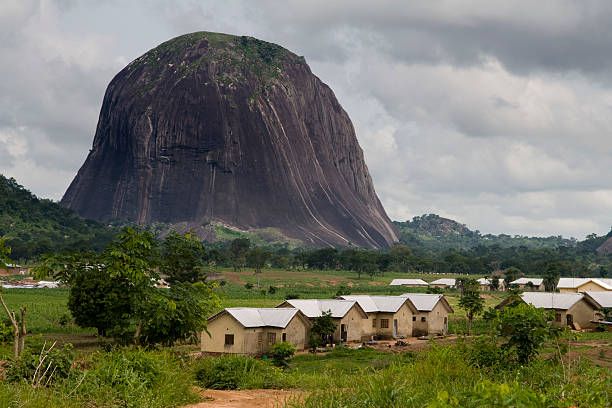The past few years have been particularly challenging for Nigeria politically, economically and socially. Politically, several ethno-religious crises which continued to polarise the people along ethic and religious lines became recurrent. The recently concluded general elections further expose the level of political disunity with existed in the country. With a rapidly growing population, several social challenges increased within the last few years. Poverty and hunger rate soared and the problem of insecurity persisted. The economy of Nigeria faced its own challenge with the rapid fall in oil prices, high infrastructural deficit and, of course corruption. All these issues were further complicated by the occurrence of Covid-19 which struck at a time the nation was least prepared. With the increase in the number of cases, the Federal Government (FG) imposed different levels of lockdowns on specific states and the Federal Capital Territory from 29 March 2020. State governments responses largely followed that of the FG. Despite having a very poor healthcare system, the rates of infection and fatality has so far been surprising very low.
Nigeria is one of African's major federations. It comprises 36 states and the Federal Capital Territory (FCT). Nigeria's huge population of more than 210 million is largely scattered across these states with an overconcentration in certain states such as Lagos and Kano. All of the states fall into the six geopolitical zones in the country which are largely divided along ethnic lines. So far, politics has been been given an ethnic coloration with the major political parties displaying certain ethnic biases. Some of these sentiments played a major role in the government's response to the pandemic.
